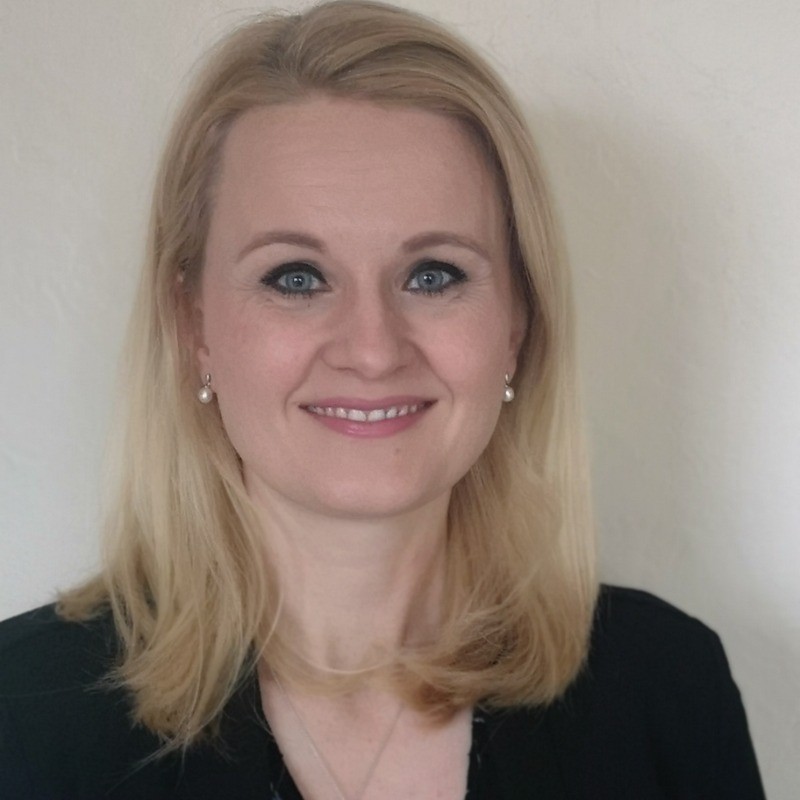Edinburgh Private School Group Launches Hardship Fund Amid VAT Concerns
A renowned group of private schools in Edinburgh has initiated a “hardship fund” following concerns that a new VAT policy introduced by Sir Keir Starmer’s Labour government could push some parents to rely on food banks due to skyrocketing tuition fees.
Erskine Stewart’s Melville Schools (ESMS) has warned of an “existential crisis” for fee-paying institutions, as they will be subject to VAT starting in January. This development has compelled school governors to merge Stewart’s Melville College for boys with Mary Erskine School for girls to mitigate tax exposure.
However, the majority of the 20 percent VAT charge will be passed down to parents, leading to a significant 16.2 percent hike in school fees. This means annual costs will rise to £12,962 for early primary education and could reach £19,478 for the senior school.
Angela Alexander, the school’s director of development, conveyed the gravity of the situation in a letter, stating, “We and other independent schools are facing an existential crisis that will sadly affect many families. Although we have made efforts to minimize the VAT impact, we cannot absorb the entire cost ourselves.”

She further noted that the impending rise in fees would “inevitably increase the financial burden on numerous families” and emphasized the institution’s commitment to ensuring that students can continue their education.
“Numerous families are expressing serious concerns about their ability to cope, with fears that their children might have to leave the school during pivotal academic years, particularly those nearing exams,” Alexander added.
She indicated that many families are already trimming down on non-essential expenditures and some have even started using food banks. Alexander has called for financial contributions to the hardship fund from both current parents and alumni.
Gordon Rigby, a 52-year-old accountant from Edinburgh, recounted how he downsized his home after the pandemic adversely affected his businesses, all to keep his daughter enrolled at ESMS. He revealed that he would need to make further sacrifices to accommodate the increased fees, owing to the lack of appropriate placements available in state schools.
Awards from the hardship fund will be means-tested, ensuring that assistance is directed to those in greatest need.
Last month, a report claiming availability of spaces in Edinburgh’s state schools for families who can no longer afford private tuition was dismissed by local councillors.

Council officials faced criticism for allegedly attempting to “shoehorn” students into overcrowded classrooms, as they acknowledged that the identified 3,500 additional spaces were constrained by inadequate dining, socializing, and exercise facilities, along with a shortage of bathrooms.
As of mid-last month, at least 75 parents from private schools had sought transfers to Edinburgh’s state schools, with inquiries reported to be increasing steadily. However, there are only 400 available places in secondary schools, many situated in less desirable catchment areas.
Anthony Simpson, principal of ESMS, commented, “Similar to other educational institutions, the VAT introduction on fees has placed additional pressures on some parents. We have historically supported our families in times of need and have reached out to our community to see if anyone is in a position to assist in ensuring that our students can continue to receive quality education.”
Scottish Labour and the UK Treasury have been approached for their responses to this development.
Pam Duncan-Glancy, Scottish Labour’s education spokesperson, defended the VAT charge, arguing that it would channel funds into the state education system to enhance support for all students.

She stated, “Scottish Labour welcomes these initiatives aimed at providing crucial investment in our state schools, ensuring that young people in Scotland receive a top-quality education and broadening opportunities for all.”




Post Comment